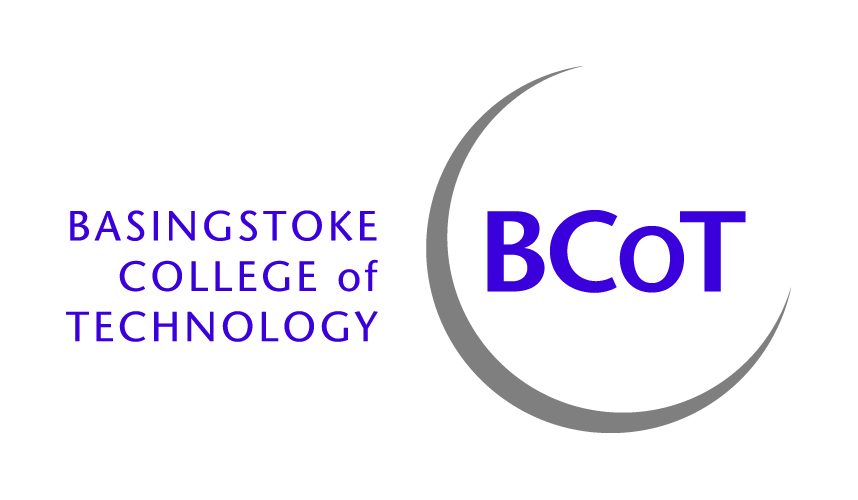Level 3 Animal Management National Diploma
Level 3 Animal Management National Diploma
Level 3 Animal Management National Diploma
Level 3 Animal Management National Diploma
Level 3 Animal Management National Diploma
Full Time
Course Overview
This Level 3 BTEC National Diploma in Animal Management is a vocational qualification designed to equip learners with the knowledge, understanding, and practical skills needed for a successful animal care and management career. It is equivalent to two A-levels and can be completed in two years full-time.
The course covers a diverse range of content, typically divided into mandatory units and optional units. The mandatory units provide a strong foundation in core animal management principles, while the optional units allow you to specialize in specific areas of interest.
This course is ideal for individuals who:
- Have a passion for animals and are interested in working in the animal care and management sector.
- Enjoy practical learning and hands-on experience.
- Want to develop a broad range of transferable skills, such as communication, teamwork, and problem-solving.
- Are aiming for direct employment in the animal care sector or further study in animal-related disciplines.
Course Content
Mandatory units:
Unit 1: Understanding the Principles of Animal Welfare
Unit 2: Animal Biology and Husbandry
Unit 3: Animal Health and Disease
Unit 4: Animal Behaviour and Training
Unit 5: Work Experience in the Animal Sector
Optional units:
- Equine Management
- Animal Nutrition
- Laboratory Animal Science
- Wildlife Conservation
- Animal Breeding and Genetics
- Animal Shelter Management
- Canine Behaviour and Training
- Exotic Animal Care
Entry Requirement
- GCSEs at grades 4 or above: This typically includes English, maths and science or level 2 qualification in animal management.
- Good communication and writing skills: The course involves writing reports, assignments, and presentations, so strong communication is essential.
- Demonstrated interest in animal care: Evidence of work experience, volunteering, or personal projects related to animals can strengthen your application.
- Basic numeracy skills: You'll need to be comfortable with calculations related to animal nutrition, medication, and record-keeping.
- Ability to work independently and as part of a team: The course involves both individual and collaborative work.
Assessment
The course utilizes a diverse range of assessment methods to evaluate your knowledge, skills, and abilities throughout the course. Here's a breakdown of the common assessment types:
- Written assignments: These typically involve essays, reports, research projects, or case studies, assessing your understanding of theoretical concepts and ability to analyse information.
- Presentations: You might present your findings, research, or practical work to your peers and tutors, assessing your communication, presentation skills, and knowledge application.
- Practical assessments: These involve demonstrating your practical skills in animal care tasks, such as feeding, grooming, handling, or training animals. They can be observed assessments, video recordings, or written reflections on your practical work.
- Projects: Individual or group projects allow you to delve deeper into specific topics, applying your knowledge and skills to solve problems or create solutions.
External assessments:
- Written exams: These standardized exams assess your theoretical knowledge and understanding of key concepts across different units.
- Synoptic assessments: These may involve written exams or practical tasks that integrate knowledge and skills from multiple units, testing your ability to apply what you've learned in a broader context.
Where does this course lead to
Completing the Level 3 Animal Management National Diploma opens up a variety of exciting progression pathways for your future, depending on your aspirations and goals:
Employment:
Direct entry into various animal care roles: With the practical skills and knowledge gained, you can apply for entry-level positions in various settings like zoos, animal shelters, veterinary practices, kennels, catteries, aquariums, wildlife parks, research facilities, and animal training companies.
Progression to supervisory roles: After gaining experience and further qualifications, you can climb the career ladder and advance to supervisory roles in animal care settings.
Further studies:
Higher education: This diploma often serves as a springboard for higher education in related fields, such as animal science, veterinary nursing, zoo biology, wildlife conservation, animal behaviour, and equine science. You can pursue undergraduate degrees, foundation degrees, or higher national diplomas.
Professional qualifications: Depending on your chosen career path, you may seek professional qualifications in specific areas like canine behaviour training, animal nutrition, or laboratory animal science.
Entrepreneurship:
Start your own animal care business: With additional business acumen and experience, you can launch your venture, like a dog walking service, pet sitting business, animal training consultancy, or small animal boarding facility.
Apprenticeships:
Animal care apprenticeships: You can embark on an apprenticeship program to gain further practical experience and earn qualifications while employed in the animal care sector.
Apply Today
Apply Now











